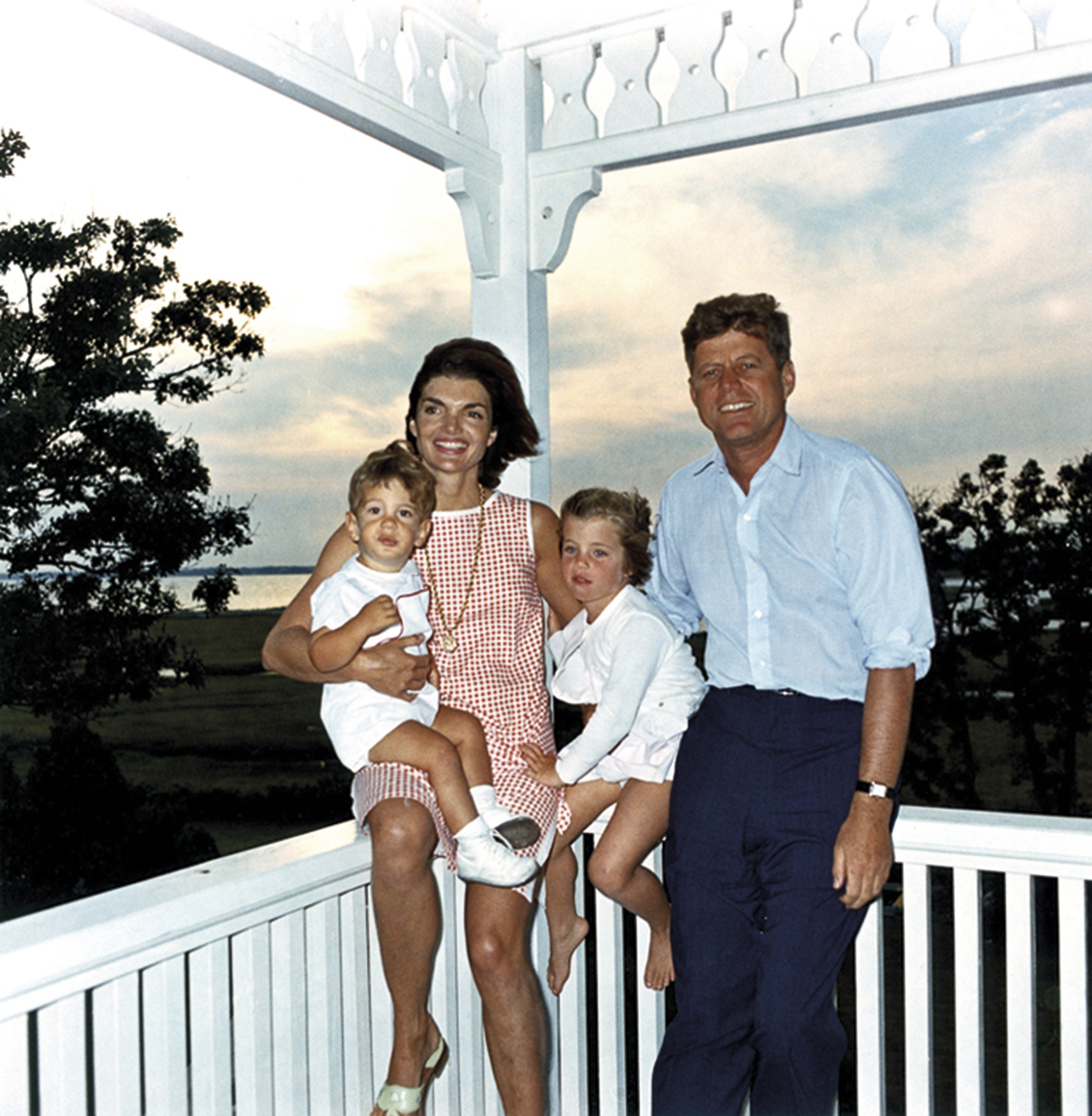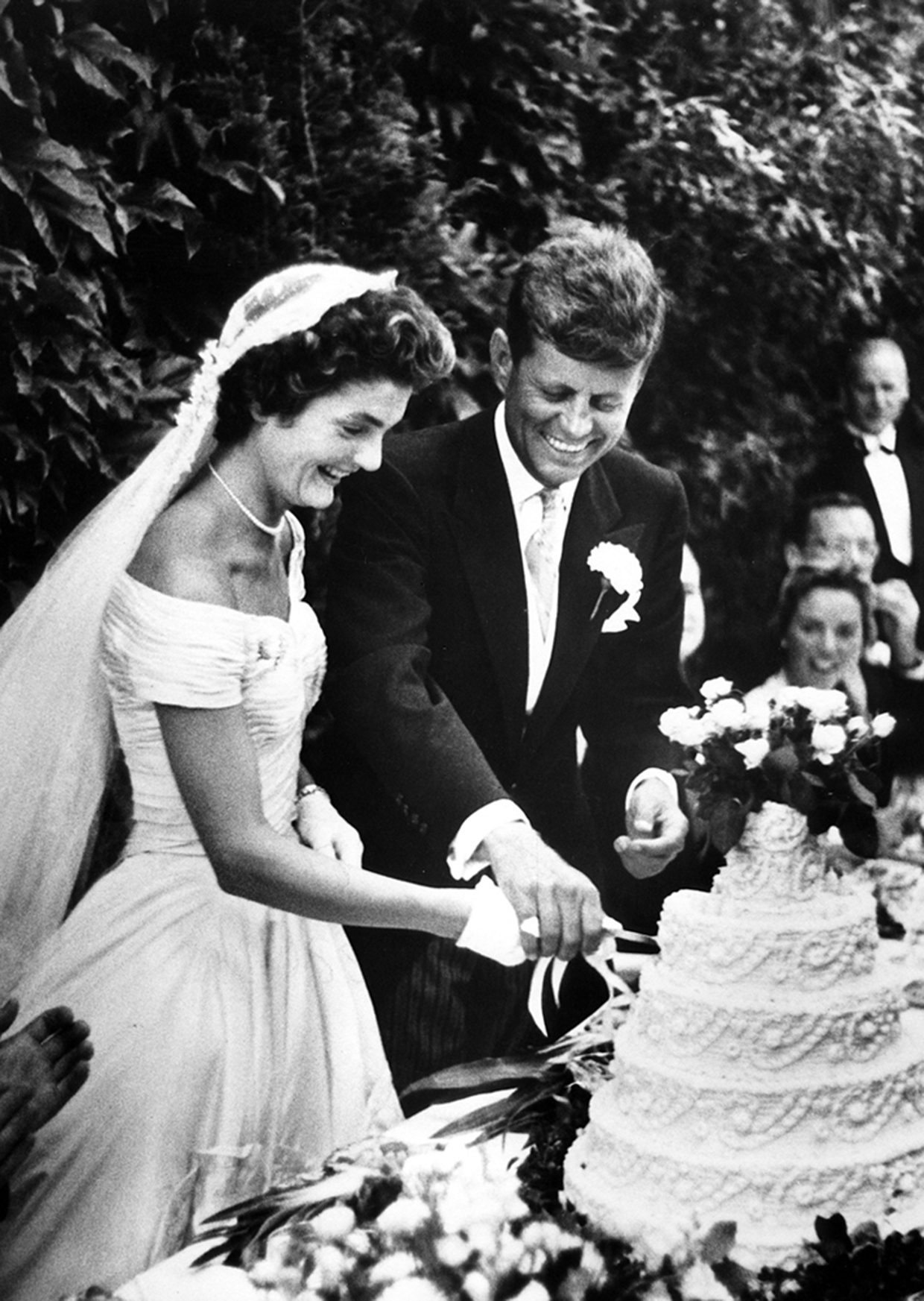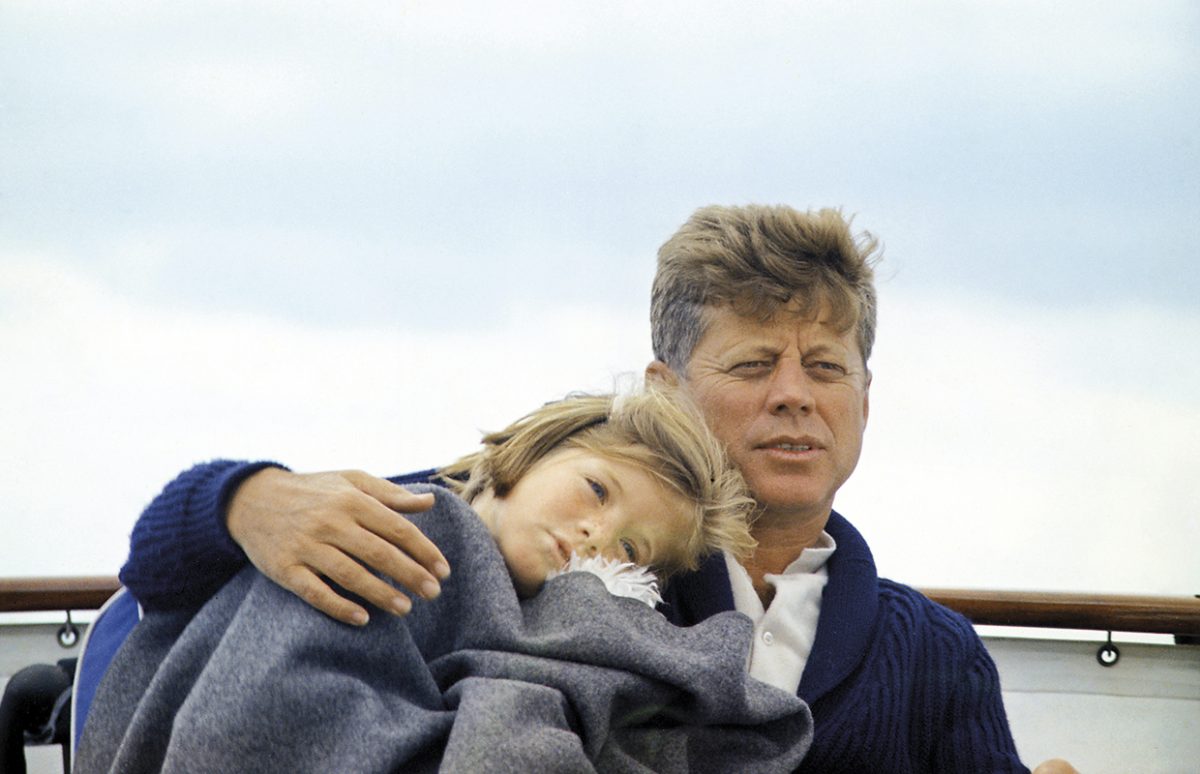John F. Kennedy was born 100 years ago in Brookline, Massachusetts. JFK was the 35th President of the United States (1961-1963) and the youngest man elected to the office. He was assassinated in Dallas on Nov. 22, 1963 and became the forever-young president…
A political and cultural icon
Born in 1917, John Fitzgerald Kennedy would have turned 100 this year. Yet, we cannot imagine JFK on his 100th birthday, for everybody, he will always be a man in his 40s.
Young, heroic, charismatic, John Kennedy the man was long ago replaced by JFK the icon.

His moral leadership of Civil Rights was an important part of the movement's eventual success.
Kennedy was the first superstar chief executive. He pioneered the modern notion of the president as celebrity. He became a national figure as a young Congressman for his good looks and high-society diversions.
He was friend with Hollywood actors such as Frank Sinatra, Tony Curtis or Marilyn Monroe. He was frequently front-page news in the big national magazines – Life, Look, Time, The Saturday Evening Post – which were more interested in his personal life than his political positions.
As a couple, he and his wife Jackie were hailed as American royalty; his time in office was termed "Camelot" adding mythology to the story. As Jackie Kennedy said after his death, "There'll be great presidents again, and the Johnsons are wonderful, they've been wonderful to me — but there'll never be another Camelot again."

Master of speeches and … the media
Kennedy was also a master of the media. With his movie-star good looks he was perfect for the new medium of television.
He was applauded for his televised speeches at the 1956 Democratic convention, and he later prevailed in the famous television debates of the 1960 presidential election. His televised presidential press conferences became media works of art as he answered complex questions and handled reporters with aplomb.
His many inspiring speeches are often quoted 54 years after his disappearance.
- "We stand today on the edge of a New Frontier—the frontier of unknown opportunities and perils—a frontier of unfulfilled hopes and threats."
Kennedy's New Frontier speech at the Democratic National Convention in 1960.
- His Inaugural Address offered the memorable injunction: "Ask not what your country can do for you—ask what you can do for your country."
-"Today our concern must be with the future. For the world is changing. The old era is ending. The old ways will not do," he intoned. "The New Frontier is here whether we seek it or not." Kennedy used his relative youth to his advantage, positioning himself as a leader with a new vision.
In June 1963, Kennedy made also a memorable speech in West Berlin. He criticised the Soviets for their divisive wall. He stated:
“Freedom has many difficulties and democracy is not perfect, but we have never had to put a wall up to keep our people in.”
His assassination has placed him in a mythical position. It leads many to speak about possible conspiracies involving everyone from Lyndon Johnson to the Mafia.
His death shocked the nation. Many had placed their faith in Kennedy, hoping the young president might be able to change America's course in the war in Vietnam, on civil rights, on the Cold War.
To the American public, John F. Kennedy is a hero — a visionary politician who, if not stopped by his own death, might have averted the political and social troubles of the late 1960s.
In public-opinion polls, Kennedy is still, with Thomas Jefferson and Abraham Lincoln, part of the triumvirate of the most beloved American presidents of all time.
Critiquing this adoration, many recent scholars have derided Kennedy's womanizing and lack of personal morals and argued that as a leader he was more style than substance.
In the end, no one can know what type of president John F. Kennedy would have become, or the different course history might have taken if he would have lived into old age.

Copyright(s) :
All photos: JFK Library
Tag(s) : "JFK" "Kennedy" "mythes et héros" "president" "USA"






